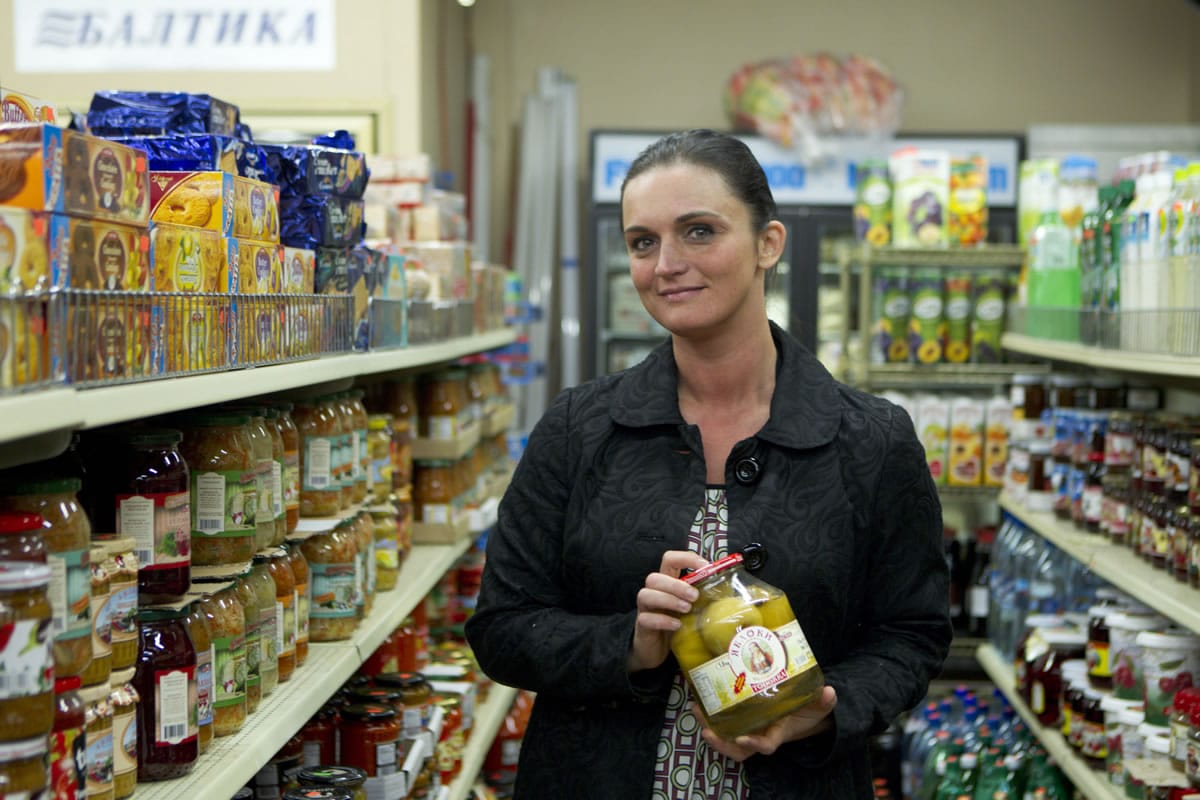Containers full of green pickled apples, tomatoes and cabbage at Anoush Deli & International Food Market bring back a flood of memories for Galina Burley, a leader of Vancouver’s Russian-speaking population.
Burley grew up in Sochi, Russia, host of the 2014 Winter Olympics. She said she hopes foods from the region, like those sold at Anoush, can be used to introduce more people from Clark County to Russian culture while they enjoy the games.
o Svitoch (grocery store), 4804 N.E. Thurston Way, 360-896-6693.
o Kolos Euro Foods (grocery store), 212 N.E. 164th Ave., No. 13, 360-896-0081.
o Anoush Deli & International Food Market (grocery store), 6808 N.E. Fourth Plain Road, 360-693-4359.
o Premier Euro Market (grocery store), 11216 N.E. Fourth Plain Road, 360-885-9384.
o Leyla’s Bakery (bakery), 6300 N.E. 117th Ave., 503-764-7121.
“When you talk about Sochi, you’re talking about a vacation resort town for pretty much all of Russia (and the surrounding countries),” Burley said. “It’s on the Black Sea, next to Georgia, Armenia, Turkey and Ukraine. We’d have 300,000 population in winter, and over 1 million in the summer. It was this melting pot on steroids.”



